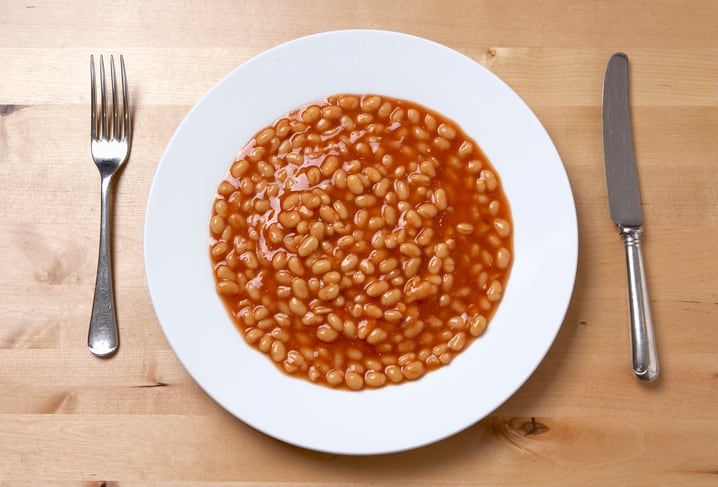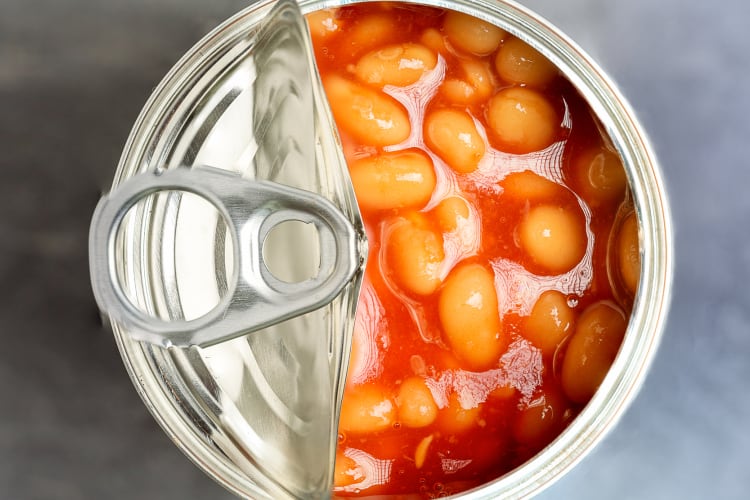Via the latest Future Food-Tech innovation challenge, the company is scouting for start-ups that are developing solutions that bring beans or pulses as an application or ingredient on the menu for its consumers.
Erik-Jan Ransdorp, Kraft Heinz International Director R&D Better Meals & EMEA, said the global food and beverage giant wants to respond to shifts it sees in the market as quickly as they occur.
"Whenever we talk to consumers, we hear the same five basic needs coming through: affordable, tasty, convenient, healthy and sustainable products,” he explained. “Combining all these needs into one product offering is difficult.”
He urged start-ups to therefore focus on these five key areas. “Solutions can include but are not limited to processing, bioconversion, providing a nutrient boost, preventing anti-nutritional factors, improving protein quality, improving gut health, and achieving satiety.”
Beans: a sleeping superfood giant
Kraft Heinz has a strong foundation in agriculture and already works with 320 different external partners: a trend it wants to continue “in order to stay relevant for the future,” he explained. The company has consequently identified baked beans a the 'sleeping giant' of its portfolio. Beans, explained Ransdorp, boast fantastic health credentials which aren’t being fully exploited. Heinz Baked Beans use navy beans – also known as haricot beans. “They are always rich in fibre and always rich in protein. Do we use that to the max? I am not convinced yet. I think we can do a lot more with these superfoods.”
He added: “There is a bit of a discussion ongoing that whatever you offer in a plant-based meat alternative doesn't have the same essential amino acids as meat – can we find a solution for that?”
Beans also possess sustainability benefits, particularly in terms of water usage during production. It takes 1,480 litres of water to produce 100g grams of beef, he claimed, compared to 103 litres to make the same amount of red kidney beans.
Eyeing legumes and pulses
But Kraft Heinz may be looking beyond beans into other areas in its health and sustainability push. "In order to live up to our own strategy we have to rely on more than just beans. We can't create innovative products just based on beans. We need to look beyond beans as well and specifically the family of legumes which is really interesting to look at because they are all having the same kind of nutritional and sustainable benefits. I'm open to everything and wouldn’t exclude anything.”
Technology is another area the company is looking to exploit, he said. One area might be QR codes on food packaging to better communicate food traceability and allow customers the ability to discover origins of ingredients and to follow the movement of a food product and its ingredients through all steps in the supply chain.
“Significant improvements can be made by using the digital revolution,” he observed. “We produce baked beans for many markets all with different languages. But if you can just put one QR code on it, it makes production a lot simpler and creates less waste and less residual materials. It could make our lives a lot easier in a way smart phones have already made our lives easier.”
The company is further interested in companies that are focussed on controlled environment agriculture. “I think innovation in agriculture is a really interesting area. Looking at vertical farming, using specific lights and climate control. I think specifically from the sustainability angle, it's really interesting what's happening there.”



